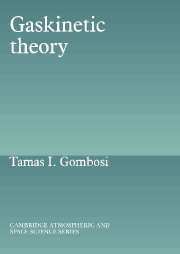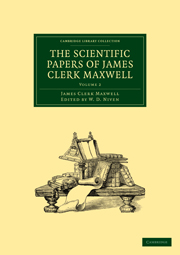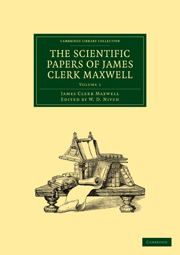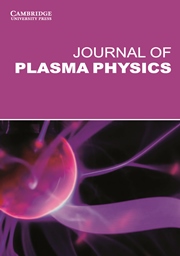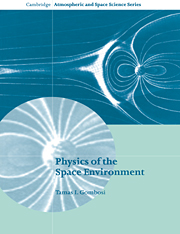Gaskinetic Theory
Gaskinetic Theory is an introductory text on the molecular theory of gases and on modern transport theory. It is suitable for upper division undergraduates in physics and first year graduate students in aerospace engineering, upper atmospheric science and space research. The first part introduces basic concepts, including the distribution function, classical theory of specific heats, binary collisions, mean free path, and reaction rates. Transport theory is used to express coefficients such as viscosity and heat conductivity in terms of molecular properties. The second part of the book covers advanced transport theory. Generalised transport equations are derived from the Boltzmann equation. The Chapman–Enskog and the Grad methods are discussed to obtain higher order transport equations for low density gases. The aerodynamics of solid bodies is explored and the book concludes with the kinetic description of shock waves.
- Concise introduction to advanced transport theory starting from first principles
- First comprehensive text on the modern transport theory of rarefied gases
- Principles that are applicable to the design of space vehicles and space stations
Product details
August 1994Paperback
9780521439664
312 pages
246 × 189 × 17 mm
0.56kg
70 b/w illus. 2 tables 46 exercises
Available
Table of Contents
- Dedication
- Preface
- 1. Introduction
- 2. Brief history of gaskinetic theory
- 3. The road to gaskinetic theory in science and engineering
- 4. Basic assumptions of gaskinetic theory
- 5. Notations
- 6. Solid angles and curvilinear coordinates
- 7. Problems
- 8. References
- 9. Equilibrium kinetic theory
- 10. Distribution functions
- 11. Phase-space distributions and macroscopic averages
- 12. The Maxwell–Boltzmann distribution
- 13. Determination of the Lagrange Multiplier
- 14. Elementary properties of the Maxwell–Boltzmann distribution
- 15. Specific heats of gases
- 16. Problems
- 17. References
- 18. Binary collisions
- 19. Kinematics of two particle collisions
- 20. Statistical description of collisional effects
- 21. Relations between statistical and molecular quantities
- 22. Problems
- 23. References
- 24. Elementary transport theory
- 25. Molecular effusion
- 26. Hydrodynamic transport coefficients
- 27. Mean free path method
- 28. Flow in a tube
- 29. Problems
- 30. References
- 31. The Boltzmann equation
- 32. Derivation of the Boltzmann equation
- 33. The H-theorem and equilibrium distributions
- 34. Approximate collision terms
- 35. Non-equilibrium solutions of the Boltzmann equation
- 36. Problems
- 37. References
- 38. Generalized transport equations
- 39. Moments of the Boltzmann equation
- 40. The Euler equations
- 41. The 20 moment equations
- 42. The 13 moment approximation and the Navier–Stokes equations
- 43. Collision terms for multispecies gases
- 44. Simplified sets of transport equations
- 45. Problems
- 46. References
- 47. Free molecular aerodynamics
- 48. Transfer of mass, momentum, and translational energy
- 49. Free molecular heat transfer
- 50. Free molecular aerodynamic forces
- 51. Problems
- 52. References
- 53. Shock waves
- 54. Hydrodynamic description
- 55. Kinetic description of shocks: the Mott–Smith model
- 56. Problems
- 57. References
- 58. Appendices
- 59. Physical constants
- 60. Vector and tensor identities
- 61. Differential operators in spherical and cylindrical coordinates
- 62. Some fundamental integrals
- 63. Some special functions
- 64. References
- Index.

